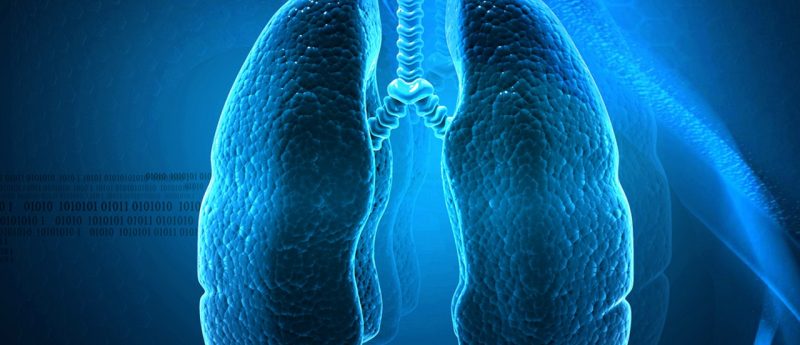Volatile organic compounds in breath show potential for cancer diagnosis

Researchers from the University of Rey Juan Carlos (Madrid, Spain) and the Alcorcón Hospital (Alcorcón, Spain) studied levels of volatile organic compounds (VOCs) in breath to evaluate their use as non-invasive biomarkers for head and neck epidermoid cancer.
The team conducted a cross-sectional study with 20 healthy subjects and 11 patients with epidermoid supraglottic laryngeal cancer of different severity. Breath samples were analysed using solid-phase microextraction coupled to GC–MS.
Their findings, reported in the journal Chromatographia, demonstrate that exhaled air from the T3 stage patients contains different concentrations of VOCs compared to T1 patients and healthy subjects. Levels of 2-butanone and ethanol were particularly high in patients at more advanced stages of cancer. The results therefore indicate that VOC patterns in exhaled breath may help to identify individuals with head and neck cancers.
The researchers aim to replicate the results in a larger study sample with the ultimate goal of developing a device for the early detection of these cancers.
Source: García RA, Morales V, Martín S, Vilches E, Toledano A. Volatile organic compounds analysis in breath air in healthy volunteers and patients suffering epidermoid laryngeal carcinomas. Chromatographia 77(5–6), 501–509 (2014).




